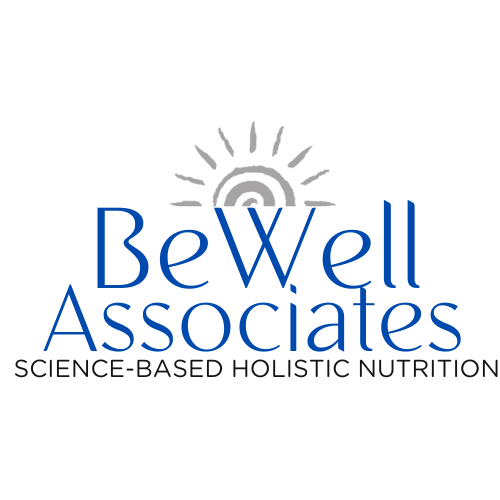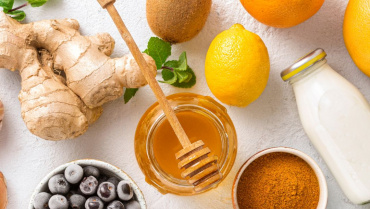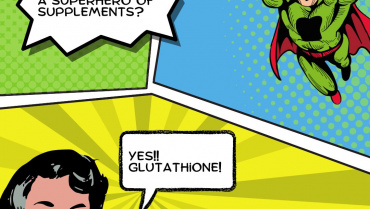Several tests that BeWell offers assess the need for Coenzyme Q10 (also called CoQ10 or in products called CoQNol and Q-Evail). This is NOT a nutrient that you would necessarily feel you need based on symptoms or conditions, yet we have found that many of our clients require it on an ongoing basis. Let’s explore why it’s so important and how you can find out whether or not you need it.
Why CoQ10 Is Essential
Your body runs on ATP (adenosine triphosphate), the energy-carrying molecule found in the cells of all living things. If blood sugar is the gas for your car, then ATP is the electrical pulse that turns your car on and keeps it running. To stay alive, cells create ATP. Your body needs CoQ10, and without adequate CoQ10, your body cannot create ATP or energy. Here comes fatigue!
As we get older, our bodies have a more challenging time producing CoQ10. Inflammation and organ damage also leads to a higher CoQ10 need as inflamed cells can’t adequately produce enough CoQ10. Organs with the highest energy demands like the heart, kidneys, and liver will have the highest concentrations of CoQ10 because they cannot stop producing energy without causing severe damage. This leaves lower priority organs like skeletal muscle, sex organs, and digestive organs with less CoQ10 as they are lower priorities in the scheme of life. Your test results may show that you have a higher need for CoQ10, even though you’re still “functioning” — just not thriving!
CoQ10 Blockers
Medications can block your body’s ability to produce CoQ10. Statin medications taken for lowering cholesterol are one such drug that blocks production. Statins inhibit an enzyme called HMG-CoA reductase, which is needed to make CoQ10. For this reason, we recommend that anyone on a Statin medication take some CoQ10 supplementally. It was also recently found that Beta Blockers used to treat high blood pressure can also reduce CoQ10 production. People on these medications may feel more physically fatigued and less motivated to exercise.
In addition to aging, inflammation, and medications, emotional and environmental stress can impact the body’s need for CoQ10. CoQ10 is a powerful antioxidant that can help protect the body from the daily effects of oxidative damage and environmental stressors like preservatives, glyphosates, and ingredients in personal care products.
How to Get More CoQ10 from Your Diet
CoQ10 is found in organ meats (kidney, liver), red meats (bison, beef), chicken, and eggs. Getting an adequate amount from your diet requires properly digesting protein so that you can break it down enough to absorb the CoQ10. Efficient protein digestion requires sufficient fat intake. CoQ10 is a fat-soluble nutrient, so you must consume these foods with healthy fats to absorb them. Fat-soluble means that they essentially need a fat “carrier” to get it into your body through the intestinal wall. For this reason, many of our clients who don’t consume enough protein, have trouble digesting, and who don’t eat enough healthy fats have a need for CoQ10.
In good health,






Add Comment